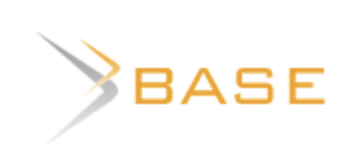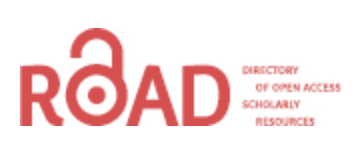Managing employee resistance to organizational change
Keywords:
Change, external factors, internal factors, forms of resistance, manifestationsAbstract
Today, only human activity really creates value. What differentiates a high-performance company from a low-performance one is its people, their enthusiasm and their creativity. Human resources are undoubtedly the key resources of an organization, both the easiest and the most difficult to manage ( Rguibi & Atid, 2021).
The arrival of a change within a company generates the appearance of transformations not only at the corporate level, but also at the level of employee behavior. These changes are sometimes welcomed, and sometimes not.
This can lead to different profiles of people with different characteristics reacting differently to change.
For some people who love novelty and excitement, change is seen as an opportunity to learn new things and also as a remedy against boredom and gloom, while others see it as a threat to the stability and longevity of their business.
As a result, when reorganizing work, it's important not to wait for resistance to change to manifest itself. You need to anticipate them in order to reduce them and provide appropriate support for the change. Even before a change takes place, it is essential to master all the factors that could lead to its rejection, to ensure a smooth and efficient transition.
With this in mind, the aim of this article is to focus on the issue of employee resistance to organizational change, since periods of change are difficult to manage because they entail a loss of reference points, which can lead to fear among employees due to a sense of loss of habits, routines, stability and the known order, resulting in uncertainty and discomfort that can translate into passive opposition or even active resistance.
Hence the importance of transforming potential obstacles into opportunities, while helping employees to adapt positively and effectively to organizational change.
Downloads
Downloads
Published
How to Cite
Issue
Section
License
Copyright (c) 2024 Khalid RGUIBI , Hasna ATID

This work is licensed under a Creative Commons Attribution-NonCommercial 4.0 International License.


















